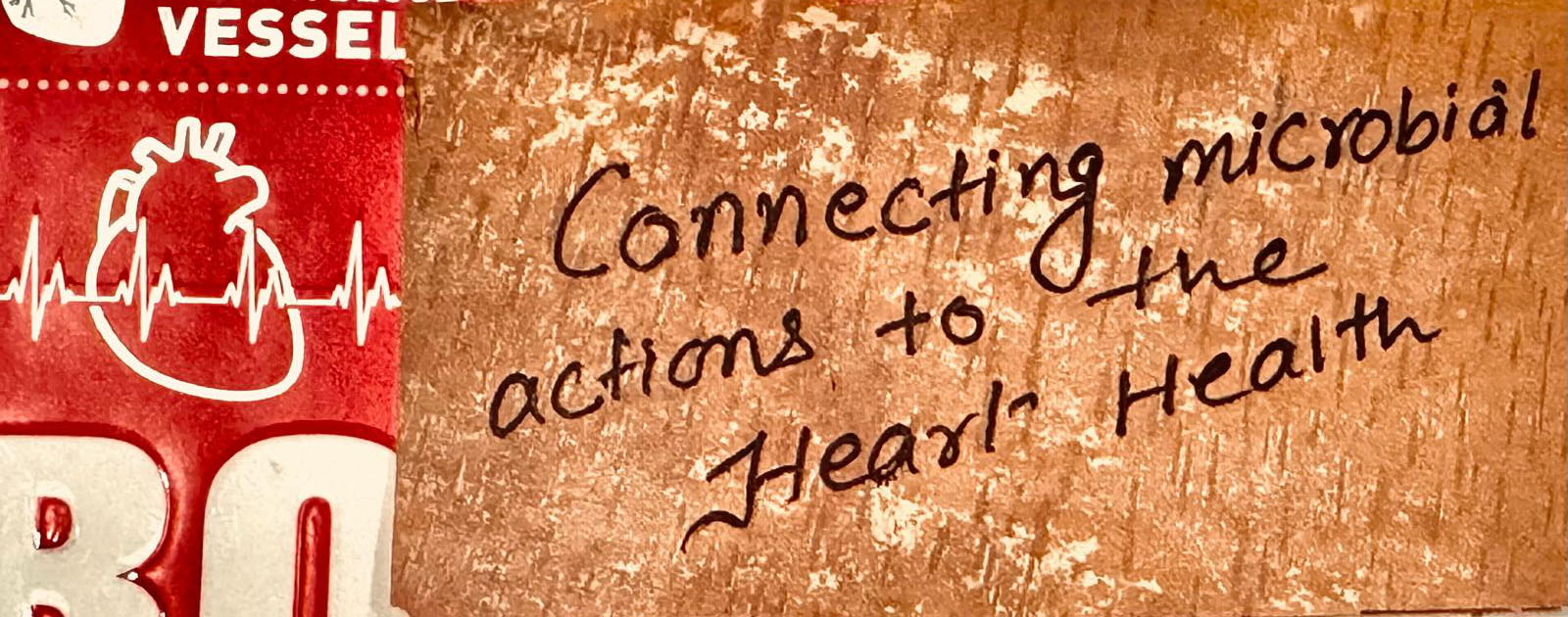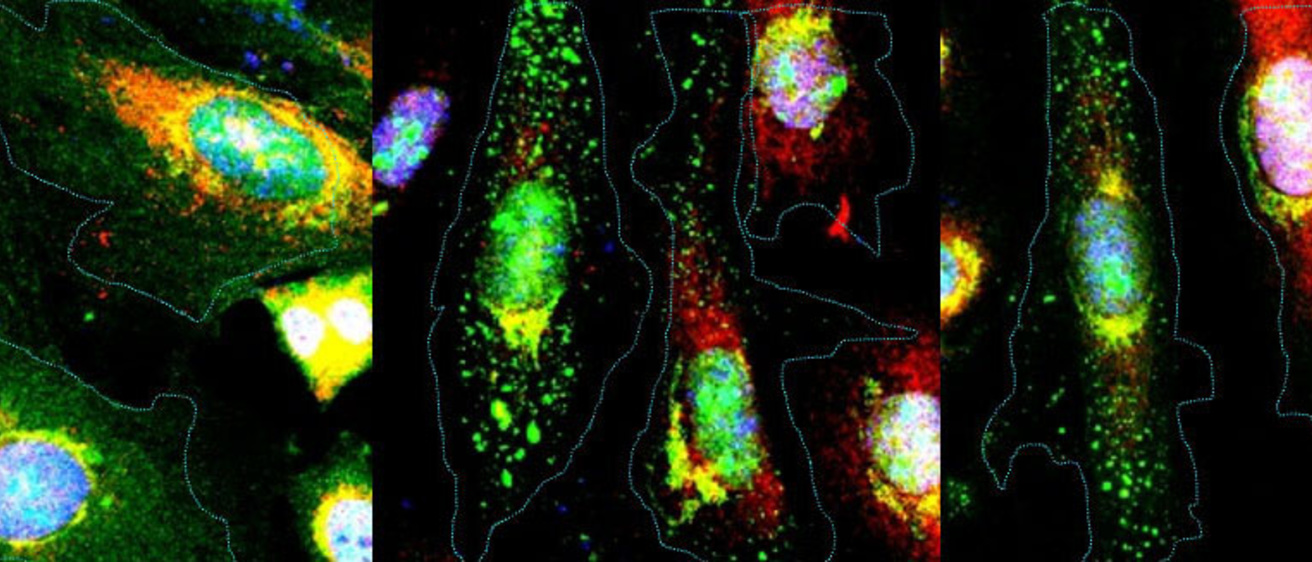I am a molecular pharmacologist, and my laboratory aims to understand the role of microRNAs in the gut-heart axis. As a doctoral fellow, I investigated mechanistic associations between metabolic disturbances and prostatic disorders. That research centered on identifying the mechanisms contributing to a high incidence of prostatic disorders in insulin-resistant patients with compensatory hyperinsulinemia. As a postdoctoral fellow, I explored interactions between the intestinal microbiota and microRNAs in vascular disorders. Specifically, I initiated the microbiome-miR research project and identified a unique mode of communication between microbiota and the host, involving remote regulation of miRs with functional implications. I also spearheaded a collaborative project to understand the role of sodium channel trafficking in cardiac arrhythmias. Currently, I am focusing on the role of the microbiota-miR interaction in heart failure. My laboratory identified that the cardiac upregulation of microRNA-204 during hypertrophic stress is a compensatory cardioprotective response. Its effects are mediated by inhibiting the maladaptive stretch signaling of the apelin-receptor. We provide the first evidence that the apelin receptor cellular trafficking per se and its regulation by miR-204 changes the signaling outcome of APJ.
We also identified that the gamma-peptide nucleic acid-based microRNA inhibition weakens many of the concerns associated with developing microRNA therapeutics (e.g., binding affinity, enzymatic degradation, non-specific interaction with proteins). Based on the robust preliminary data, generated in collaboration with Dr. Raman Bahal from the University of Iowa, we think that the gamma-peptide nucleic acid will be efficient in microRNA inhibition, safer for long-term use, and suitable for cardiometabolic disorders. We have now generated the third generation of molecule that are endothelial homing and are anticipated to equally or more effective but much more safer in rescuing the vasculopathies.
In a nutshell, the focus is on utilizing the interdiciplenery expertise to mitigate heart failure and diabetic vasculopathy by targeting microbiota and microRNA.

Ajit Virkram, PhD
Associate Professor
Dept. of Internal Medicine
Fraternal Order of Eagles Diabetes Research Center
Abboud Cardiovascular Research Center
Editor, Cells Topical Collection: microRNAs in Health and Diseases
Lab Members

Ravinder Reddy Gaddam, PhD
Research Assistant Professor

Paroma Deb, MD
Research Assistant

Veda S. Amalkar
Undergraduate Student

